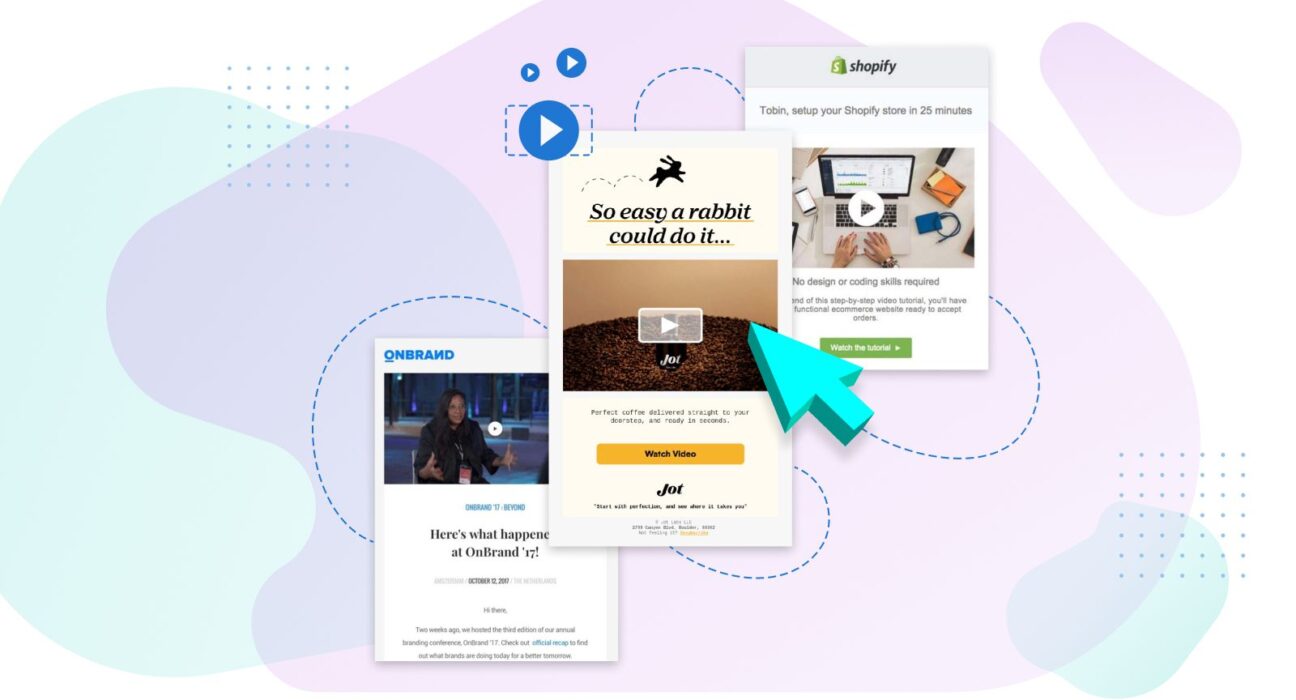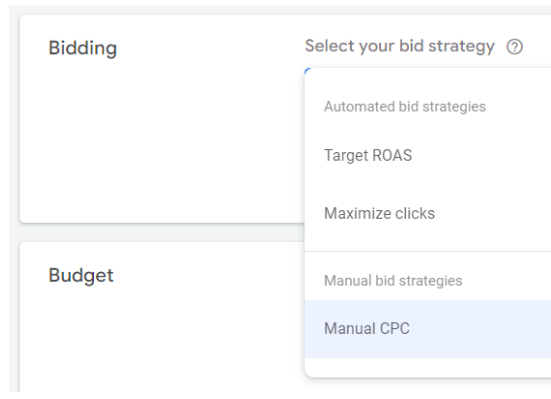Videos are now a big part of digital marketing for a good reason. Instead of reading long paragraphs about a product or service, many people prefer watching a video. In fact, 50% of shoppers watch videos before deciding what to buy or before talking to a salesperson.
Emails are all about reaching out and connecting. Whether you’re inviting people to a webinar, promoting a live event, or introducing a new product, emails are a powerful way to share your message with your audience.
How to Add Video Content in Emails 📧
Using videos in your email campaigns can be super effective, but you shouldn’t embed videos directly in the email body. Most email providers don’t support video embedding, and even if they do, videos can take a long time to load. This might result in high open rates but low click-through rates.
Two Better Methods:
- Video Thumbnail (Static Image):
- Create a thumbnail by taking a screenshot of the video and resizing it to 1280×720 pixels.
- Add a play button graphic to the thumbnail to indicate it’s a video.
- Insert the thumbnail into your email and link it to the video hosted online.
- Make sure the thumbnail image is clear and enticing to encourage clicks.
- Use alt text for the thumbnail image in case the recipient’s email client blocks images. Describe what the video is about to maintain interest.
- GIFs:
- Convert a video clip into a GIF using an online tool, and select where it starts and ends. Looping from the beginning is often best.
- Add a play button to the GIF to show it’s a video.
- Keep in mind that some email providers display GIFs as static images. Ensure the key information is in the first frame.
- Add the GIF to your email and link it to the video hosted online, just like you would with an image.
- Make sure the GIF is short and has a small file size to ensure it loads quickly.
- Test the GIF in various email clients to ensure it displays correctly.
Additional Tips:
- Subject Line and Preheader Text: Mention the video in your subject line and preheader text to grab attention. For example, “Watch Our New Product in Action 🎥” or “Don’t Miss This Exciting Update!”
- Call to Action (CTA): Use a clear and compelling CTA to encourage recipients to click and watch the video. For example, “Watch Now” or “See the Full Video.”
- Mobile Optimization: Ensure that your email, including the video thumbnail or GIF, is optimized for mobile devices. Many recipients will open your email on their phones, so it needs to look good and function well on smaller screens.
- Analytics: Track the performance of your video email campaigns. Monitor open rates, click-through rates, and video engagement to understand how well your videos are performing and to make improvements in future campaigns.
- Segmentation: Consider segmenting your email list and sending personalized video content to different groups. Tailored content can be more engaging and relevant, increasing the likelihood of recipient interaction.
By using these methods and tips, you can effectively incorporate video content into your emails, making them more engaging and dynamic without worrying about loading times. 📹✨
Video In Email Marketing Statistics
Where to Host Your Video 📹
Once your video and email are ready, you’ll want to put them on a landing page. You could upload your video to YouTube, but landing pages are better for guiding visitors to take a specific action that fits your email campaign’s goals.
If you upload your video to YouTube, you might miss out on some advantages. The biggest issue is that you’d need to add a link to another page for your Call to Action (CTA). If people have to jump from their email to YouTube and then to another page, you’ll likely lose many along the way.
Keeping things simple is key to boosting your video email conversion rates. 🎯
Optimizing Video Landing Pages
🎯 Focus on One Goal: Design your landing page with a single, clear goal in mind. Avoid cluttering the page with too many calls to action (CTAs) or lots of different information. Too many options can confuse or annoy visitors, causing them to leave without watching your video.
✍️ Use Good Copy, But Don’t Rely on It: Besides the video, include a bit of well-written text, but remember that many visitors might not read it. They might assume the video contains all the information they need. Keep your text short and highlight the key points. Make sure your CTA button is easy to find and stands out.
🔧 Customize for Each Campaign: If you plan to use video content regularly in your email marketing, create a new landing page for each video. Just like each video and email should have a clear purpose, your landing page should be tailored to that specific goal, guiding visitors to take the desired action.
Types of Video Content to Use in Emails 📧🎥
There are many kinds of videos you can include in your emails to encourage recipients to take action. Here are some examples:
- Whiteboard Videos: These are short, engaging, animated videos that clearly communicate a message. They are great for email strategies because they are highly customizable and can be tailored to fit your campaign’s goals.
- Product Videos: These videos showcase your products in an engaging and enticing way. The goal is to catch the recipient’s eye, spark curiosity, and show how your products can help them.
- Testimonials: These videos feature customers sharing their positive experiences with your brand. They are effective because people love real stories. Seeing someone talk about their good experience builds trust and can convince recipients to take action.
The Finishing Touch: Make Your Videos Shine in Emails ✨
Here are three simple tips to help you get the best results from using videos in your emails:
- Keep Videos Short: It’s tempting to show everything in one video, but most people don’t want to watch long marketing videos. Aim for videos around two minutes – this length works best for holding attention without boring viewers.
- Persuasive Subject Line with “VIDEO”: Just adding the word “VIDEO” (in caps or brackets) to your email’s subject line can catch people’s interest and make your email stand out from text-only messages.
- Use Captions: Since people check emails on the go, captions help make sure your message is clear even if they can’t listen to the audio. This is especially important for mobile users.
With the average person in the U.S. watching almost two hours of digital video daily, adding videos to your emails is a smart move for your marketing campaigns. 🎥📧











Leave feedback about this